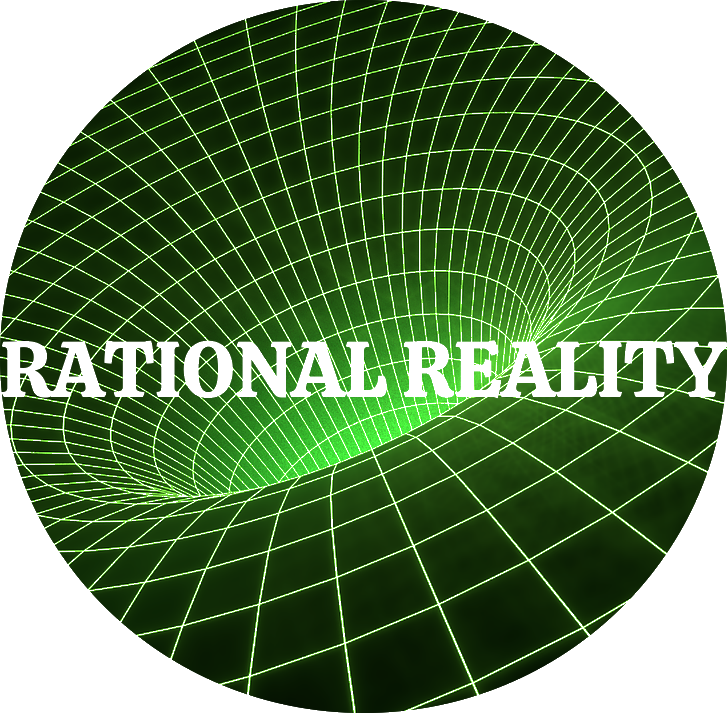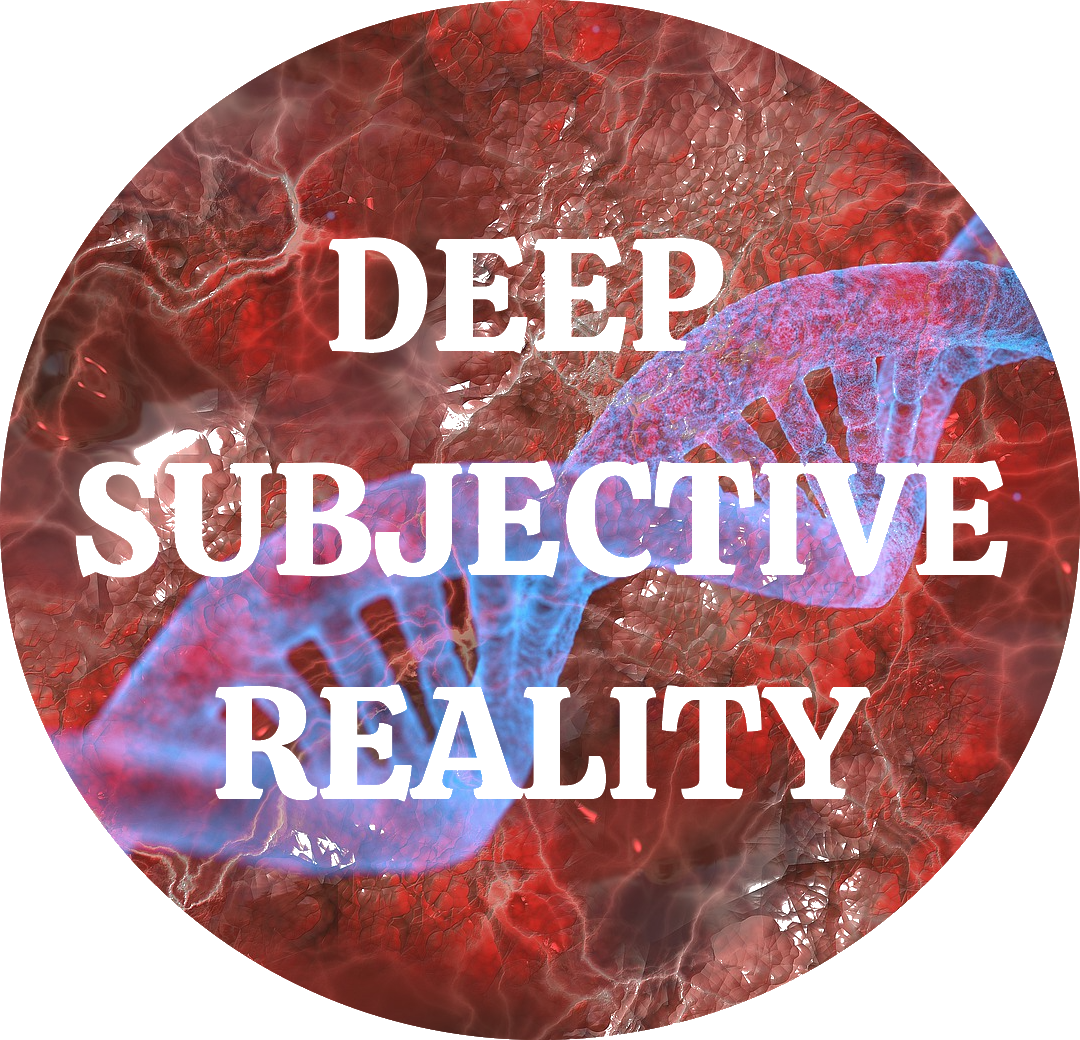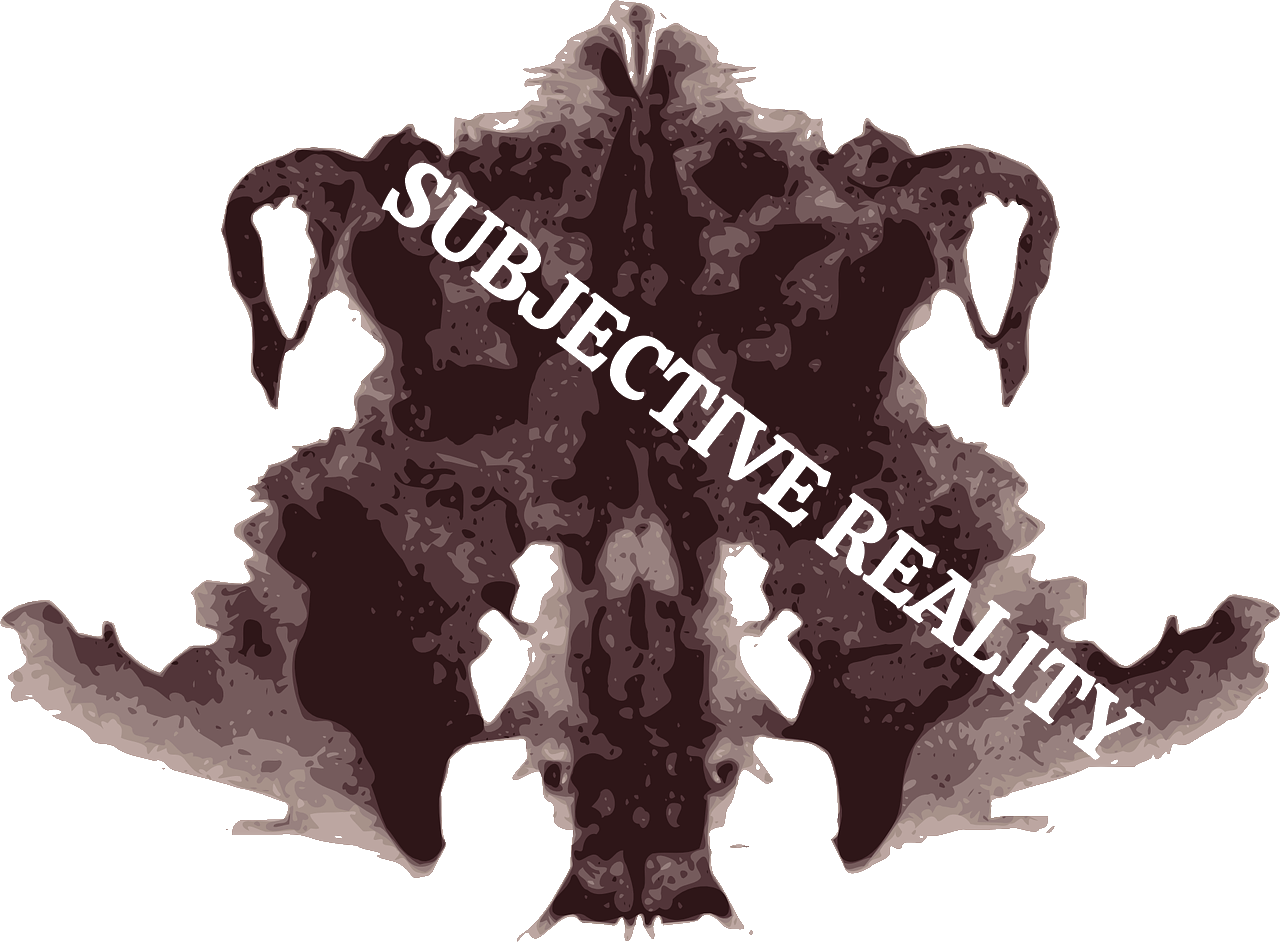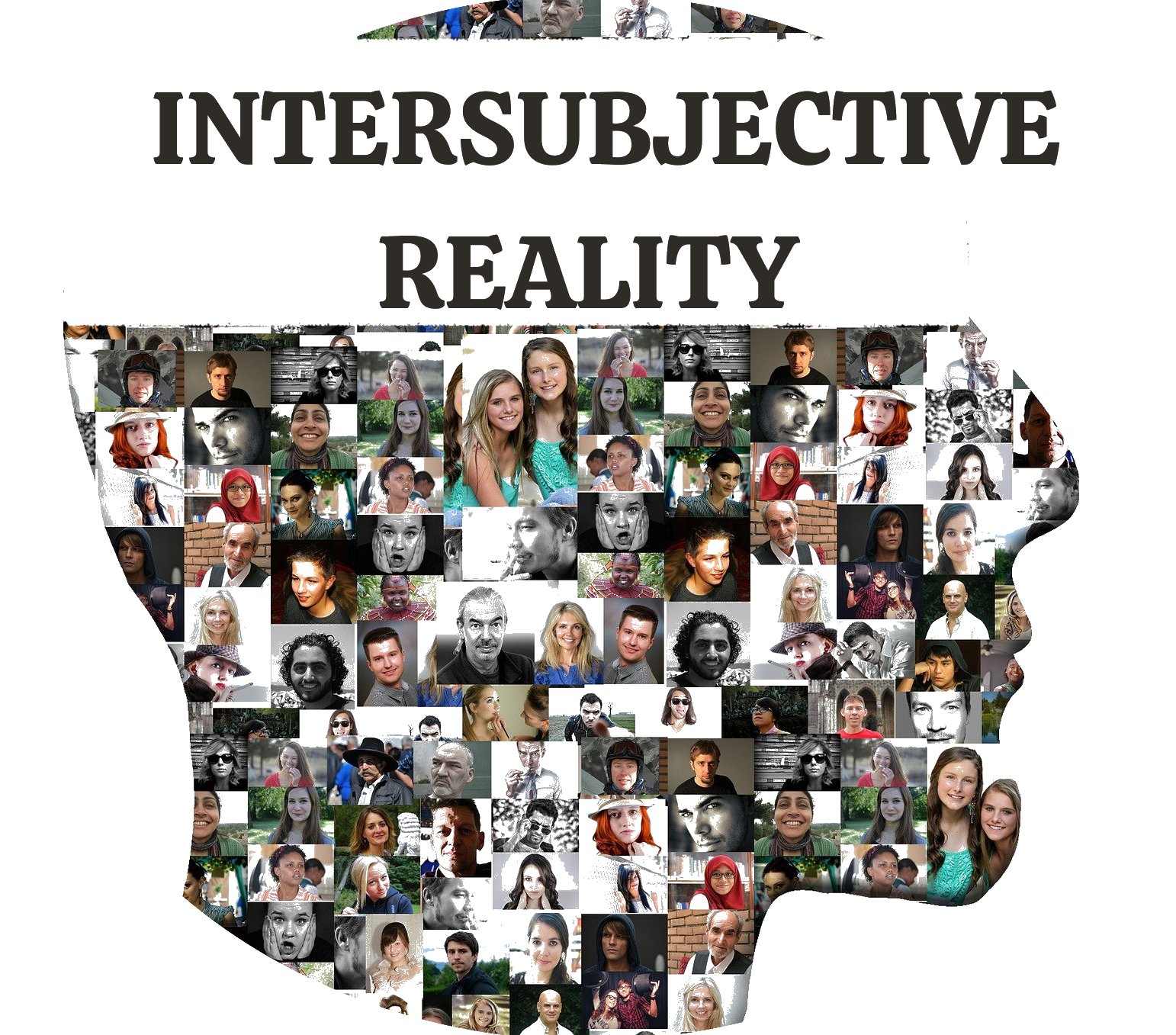
EXCERPT FROM PART ONE4. DIGITAL REALITY OR THE VIRTUAL KNOWN UNKOWNS
Computers, Data, Virtual Reality and their new product on the shelf; Homo DigitalisTo understand how we became voluntary products, we have to take a step back and look at the gambling industry to learn how this industry built the link between the gambling machine and the gambler. The industry discovered early on that applying a logic of control in which the gambler’s environment was highly regulated was key to allure and lock the user to the machine. The industry contrived a “motivating” flow through behavioral engineering that kept the gambler “in the zone” until the last credit was burnt. It is a kind of affective economy in which we, the users, voluntarily produce value for corporations while finding pleasure and being exploited simultaneously. In these industries, companies design strategies for stimulating continuous productivity between the devices or applications they produce and the users’ desire to obtain the affective value attached to the device or application. Even when it is at a personal cost.
My mother, already in her seventies (although she does not like to be reminded), uses instant messaging to communicate with her family and friends. If tragedy strikes and the phone does not work for whatever reason, she calls on the spot to troubleshoot. Even at her age, she suffers from FOMO (Fear of Missing Out). And this was before the intense period of confinement we suffered here in Spain in 2020. The mobile phone and the messaging application they use have an enormous influence on the affective states of her and her friends.
Digital technology has become our life’s modulator and judge at the same time; either you instantly reciprocate to maintain your reputation intact or get ready for immediate retribution. If you miss a message, you are out of the loop! This is an extremely potent mix if you apply it, particularly to young people. After all, the opposite of love is not hate but indifference. Remember when I said that being alone is bad, but nothing is worse than being excluded? Therefore, we go with the flow and substitute face-to-face contact for a very specific digital communication method: texting. It seems unfathomable that it has become a means of communication so powerful that people prefer texting above in person contact, a phone call or even a voice message. We gossip, break up, ask someone out, fight or negotiate. An emoji can convey a whole subtext or we type a lot to say nothing at all. All this happens without the physical presence of the person being trashed, dumped, invited or included. We do all of it privately, instantly and on our time without interruptions. That seems like a good deal considering that we can organize our time wisely and not be bothered while doing other things. But the reality is that the hundreds of friends we have collected produce a hell of a lot of news and we have to keep up with everything that is being said to or about us, especially bad news.
EXCERPT FROM PART TWO4. DIGITAL REALITY (I digitize, therefore I exist)
About the future of digital technology and the Narcissus in usEverybody knows that most digital companies are based on economic principles of profit. There is nothing wrong with making a buck. The problem comes when it comes at the cost of truth and human welfare. It may sound naïve, but consider that these companies will not compromise any benefits for the sake of our sanity or health. News services will not prioritize newsworthy events in the public interest over “data-driven” stories that create traffic and revenue.
We read what we surf for; polarization, opposition, seduction, slickness and sensationalism. The new god of the internet is called Traffic Creating Data. Entertainment is important, but the potential for going viral, attracting attention and consuming our most valued time in life is paramount. These companies are not evil, per se. They are just a reflection of our flawed and fragmented thinking and communicating processes.




